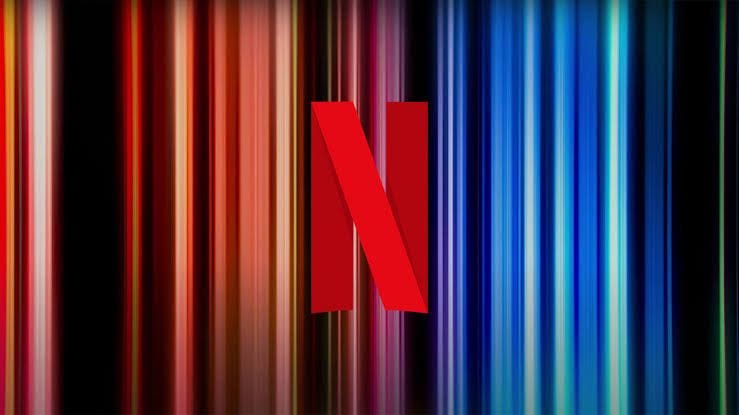Netflix takes a (MAJOR) tumble
Don’t cry tears for Netflix as it disappoints Wall Street - it is still the market leader. But now questions will need to be asked and answered.

All eyes were on Netflix this morning as it released its Q1 earnings results to the market. Growth has slowed for Netflix in North America with analysts believing that the company has hit its ceiling on that lucrative market - all growth from now on is expected to come from international markets. This is why Netflix has really doubled down on TV & movie…




